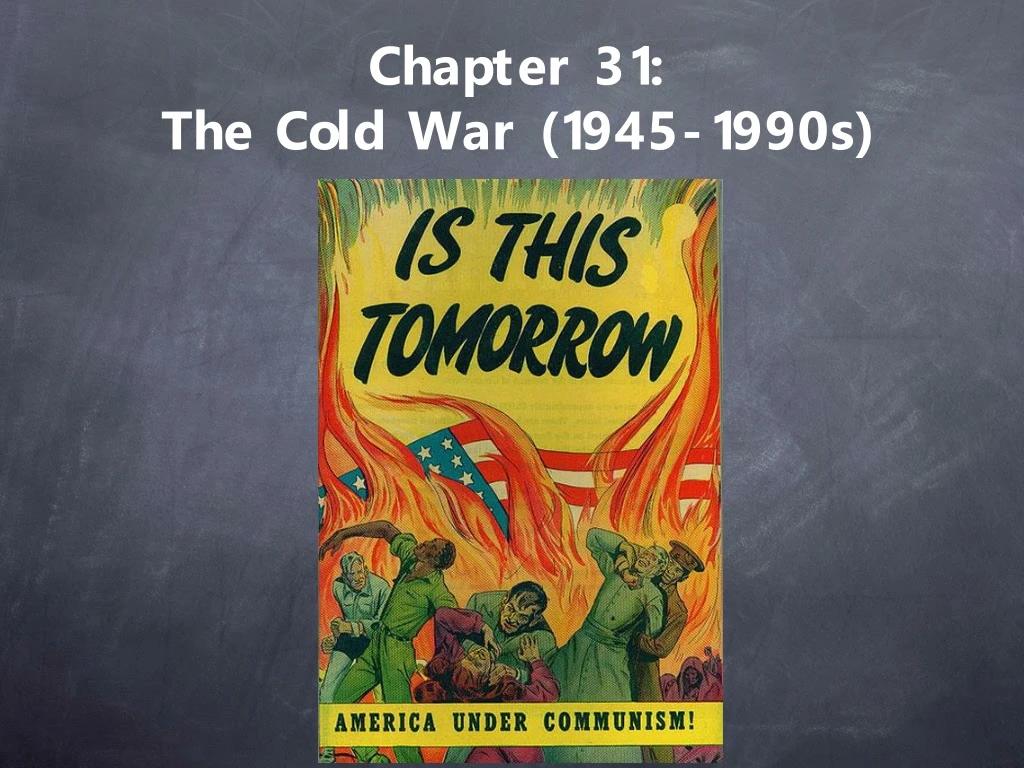

The USSR supported the MPLA indirectly and the United States supported the FNLA indirectly also. These types of wars are named ‘proxy wars’.įor example, in the Angolan Civil War, the two competing factions the MPLA and the FNLA both served as surrogate forces as part of the Cold War. The aforementioned conflicts were part of this as both of the superpowers gave aid, funding and weapons, to various conflicts to help the side they were most closely ideologically aligned to.

capitalism) with the superpowers of these ideologies being the USSR and America. It is key to recognize that the Cold War was not just a war between the USSR and America The Cold War was about competing ideological spheres of influences (communism vs. So how do these conflicts relate to the Cold War? For example, to name a few, there was conflict in Afghanistan (1979-1989), Korea (1950-1953), Angola (1975-2002) Mozambique (1977-1992) and widespread conflict across Latin America such as in Nicaragua (1981-1990) and Guatemala (1960-1996.) The essential idea is that the Cold War was a war on a global scale and although no direct conflict occurred between the USA and the USSR warfare raged in numerous other parts of the world. These historians move away from conventional interpretations of 'blaming' one side of another but rather study the characteristics of the war and in doing so have controversially labeled the Cold War a 'hot' war. The idea that the Cold War was 'cold' has come into question in more recent historical thought since the war ended and also with post-modernist historians. Orthodox historians would place the blame for the development of the Cold War on the Soviet Union, whilst Revisionist historians would rather blame America and Post-Revisionist historians provide a synthesis between the two. This interpretation and the label itself are part of three out of four of the main schools of thought when studying the Cold War. The war that took place between 1945 and 1991 has been termed the 'Cold War', largely due to the fact that the two main agitators (The Soviet Union and The United States of America) never came into direct contact in terms of conventional warfare such as in WWI or WWII - thus it was not 'hot' conflict.


 0 kommentar(er)
0 kommentar(er)
